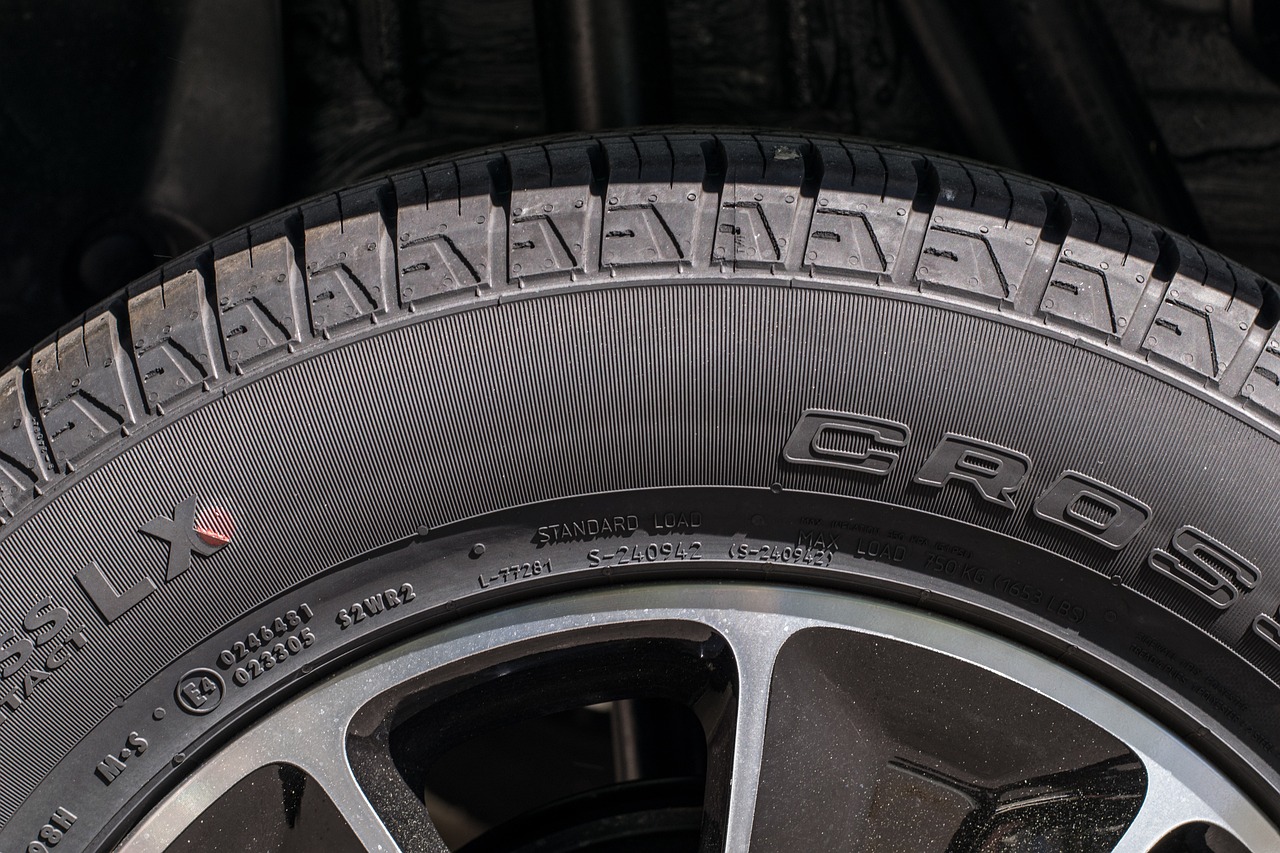When you buy a product, you trust it to work safely and as advertised. However, when products fail, it can shake your trust in the system. Warranty claims and product liability lawsuits allow you an avenue for seeking justice and compensation after you are victimized and injured by a product, either by incompetence or greed on the part of big business. Knowledge is power, especially when it comes to protecting your rights in the face of defective products, and today, we will take a closer look at this issue facing America.
Warranty Claims in Product Liability Cases
Product liability law allows a process for holding manufacturers, distributors, and retailers accountable when defective products cause harm. Warranties – promises made by sellers about the quality and safety of their products – are often a part of these cases. There are two primary types of warranties in product liability cases: express warranties, which are explicitly stated promises about a product, and implied warranties, which are unspoken, unwritten guarantees mandated by law. Express warranties are typically found in marketing materials, product packaging, or any communication between the seller and buyer. On the other hand, implied warranties automatically apply, offering a baseline guarantee that the product performs the intended use and meets a minimum quality standard.
Warranty claims can be a potent tool in product liability cases because they focus on the relationship between the product’s performance and the seller’s promises. Successfully pursuing a warranty claim often requires demonstrating that the product failed to meet the stated or implied standards at the time of sale. Warranty claims can allow consumers to seek remedies that might not be available under other legal theories, including repair, replacement, or refund of the defective product, in addition to compensation for damages caused by the defect.
If you feel you have a product liability case, the first step is to thoroughly review the product’s warranty documentation to understand the scope of protection it offers. If a product defect is discovered, you should document the issue in detail. Generally, this can be much easier if you work with an attorney. An experienced attorney can develop a strategic legal plan, negotiate with powerful manufacturers and insurers, and, if necessary, represent the consumer’s interests in court.
Dispelling Misconceptions About Warranty Claims
There are some pervasive myths surrounding warranties. First, there’s the myth that warranty claims are only valid if a product is still under warranty. In reality, the issue often lies with the product’s safety at the point of sale, regardless of the warranty period.
Another common misunderstanding is that consumers must prove intentional wrongdoing by the manufacturer to succeed in a warranty claim. However, the crux of most warranty claims is whether the product met the expected safety and performance standards, not necessarily the manufacturer’s intent. Very few manufacturers would ever create something with the express purpose of doing harm.
Finally, some believe small, inexpensive products aren’t worth the effort. But, the product’s value does not diminish the potential harm it can cause or the importance of holding manufacturers accountable.
These misconceptions are common because the average person knows little about product liability law. If you were injured by a product or think you may have a product liability case, don’t delay contacting an attorney to get all your questions answered and start the process toward compensation.
Contact Probinsky & Cole today to speak to a member of our team and get started.







